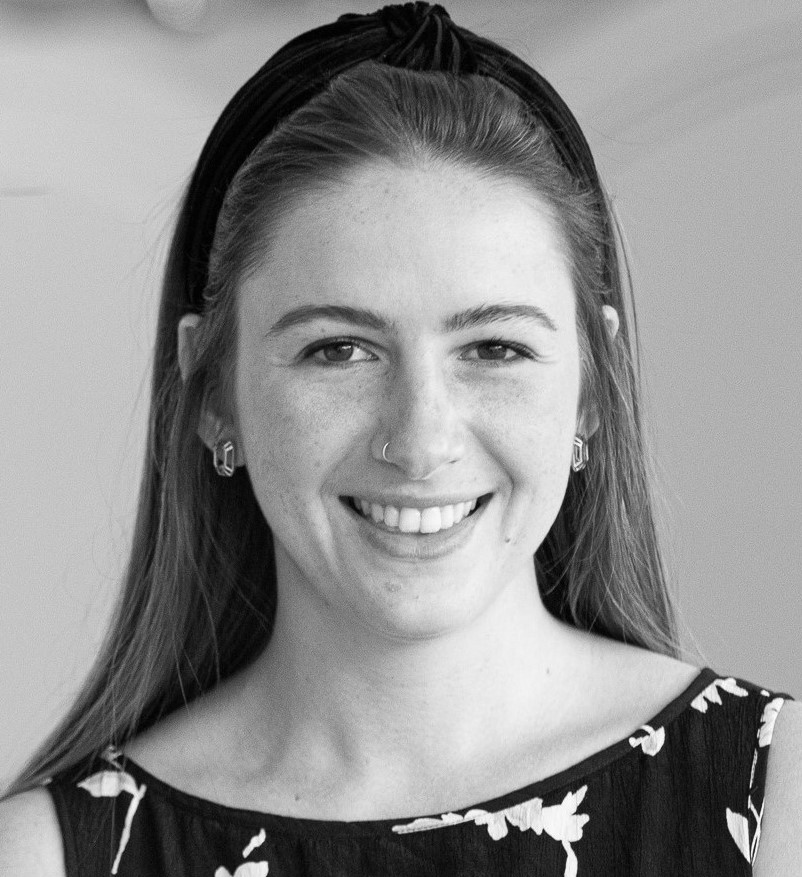
In this post, Maddie Kurchik and David Overend investigate what interdisciplinary learning is really like for students and staff on one of EFI’s new undergraduate courses, Students as Change Agents (SAChA). Maddie is a Doctoral Researcher at The University of Edinburgh Business School, and David is a Lecturer in Interdisciplinary Studies at Moray House School of Education and Sport. This post is part of our Learning and Teaching Conference Hot Topic.
Across the higher education sector, interdisciplinarity is being embraced as an adaptive and collaborative model in response to a rapidly changing world. At The University of Edinburgh, the 2030 Strategy commits to expanding interdisciplinary and multidisciplinary education to address “social and global challenges”. However, despite significant investment in this approach, relatively little is known about the actual experience of students on interdisciplinary courses.
As part of the team on the Edinburgh Futures Institute-funded project, “Crossing the Line: Understanding the interdisciplinary classroom”, we are investigating what interdisciplinary learning is really like for students and staff on one of EFI’s new undergraduate courses, Students as Change Agents (SAChA). In this blog post, we offer an early insight into our findings and look forward to the next phase of our project, in which we plan to develop a new digital resource for interdisciplinary education.
What are we researching?
SAChA originated in 2019 as an extracurricular project run by the Careers Service. It was redesigned as a credited pre-honours elective in 2021, prior to its incorporation into the new MA (Hons) Interdisciplinary Futures as a core first-year course. The course is not only novel because of its interdisciplinary approach, it is also problem and practice-oriented. There are no lectures, no set reading list, and no exams, and assessment uses a pass/fail model rather than letter or percentage grades. The entire course is a group project in response to a real-world problem proposed by an external partner organisation.
In the first iteration of the course, which ran in the 2022 Spring semester, students received a brief on children’s mental health in Scotland from Data for Children Collaborative. This topic raised several ethical issues from the beginning of the process, particularly due to many of the students’ lived experience of mental health issues. The role of the ‘coach’ – the term used to prioritise facilitation over instruction – is particularly important in this context, and the process requires a careful and sensitive approach.
What methods are we using?
Over the course of the semester, consenting groups had their meetings recorded and transcribed. Students also submitted journal entries and responded to some survey questions. Maddie then interviewed some of the students and is currently interviewing the coaches as well. This has been supplemented by a detailed mapping and visualisation of classroom interactions, conducted by Seongsook Choi in Education*. We now have a wealth of data and some fascinating insights into interdisciplinary collaboration and individual experiences.
What are we finding out?
A picture is emerging of a highly challenging and often emotionally charged experience, which can have a profoundly transformative impact on participants. Students have reported, and have been observed, feeling overwhelmed from the beginning of the course, often anxious about the brief and uncertain about what was required of them. As one student said during a group meeting, “It kind of feels like we’ve actually set ourselves up for failure, because there’s […] just so much information”. The involvement of the external partner was a significant factor in this initial response, which appeared to raise the stakes, putting pressure on students who felt that they had to work to a high professional standard.
At the same time, the freedom given to students was cause for investment and a feeling of agency and autonomy, which many students reported as a factor in their drive and motivation. SAChA was valued for its unique approach to education, which was often favourably compared with more traditional courses. As it progressed, there was a strong sense for many that the open brief and relative lack of structure had great learning value. Students reported an increased sense of curiosity and recognised a developing intuition to learn across disciplines and to read and communicate in different ways. By the end of the course, students felt more confident about working with others and proud of their achievements.
We are now discovering a great deal about the tension and balance between two competing demands of a course like SAChA. On one hand, there is a need for appropriate structure and support within an environment denied the reassurance of disciplinary boundaries. On the other, openness and unpredictability of the learning journey can be highly effective in nurturing creativity and adaptability.
What next?
As our project expands to look at other EFI undergraduate courses, we are planning to develop a set of resources using an accessible online platform. This will provide students and educators alike with some useful examples, methods, and strategies for interdisciplinary learning.
As interdisciplinary education is established as a key part of the university’s transforming curriculum, we want to ensure that a hands-on experience of the interdisciplinary classroom informs the design and delivery of new courses. Our project will offer a clear direction of travel that can inspire, educate, and engage across disciplinary lines.
*Seongsook Choi and Andy Cross are collaborators on this research.
Watch the Learning & Teaching Conference presentation on this topic on the Conference website.
 Maddie Kurchik
Maddie Kurchik
Maddie is a Doctoral Researcher at The University of Edinburgh Business School. Her dissertation interrogates the intersection between gender, technology, and labour. Maddie has taught at the Business School, the School of Social and Political Sciences, and the Edinburgh Futures Institute. She is currently working as a Research Associate on the “Crossing the Line: Understanding the Interdisciplinary Classroom” project.
 David Overend
David Overend
David Overend is a Lecturer in Interdisciplinary Studies at Moray House School of Education and Sport. He is a member of the development team for the new MA(Hons) Interdisciplinary Futures at Edinburgh Futures Institute. His research is interdisciplinary with a particular interest in creative practice as a strategy for collaboration. David initiated the “Crossing the Line project” to develop research into interdisciplinary learning and teaching at the University.
